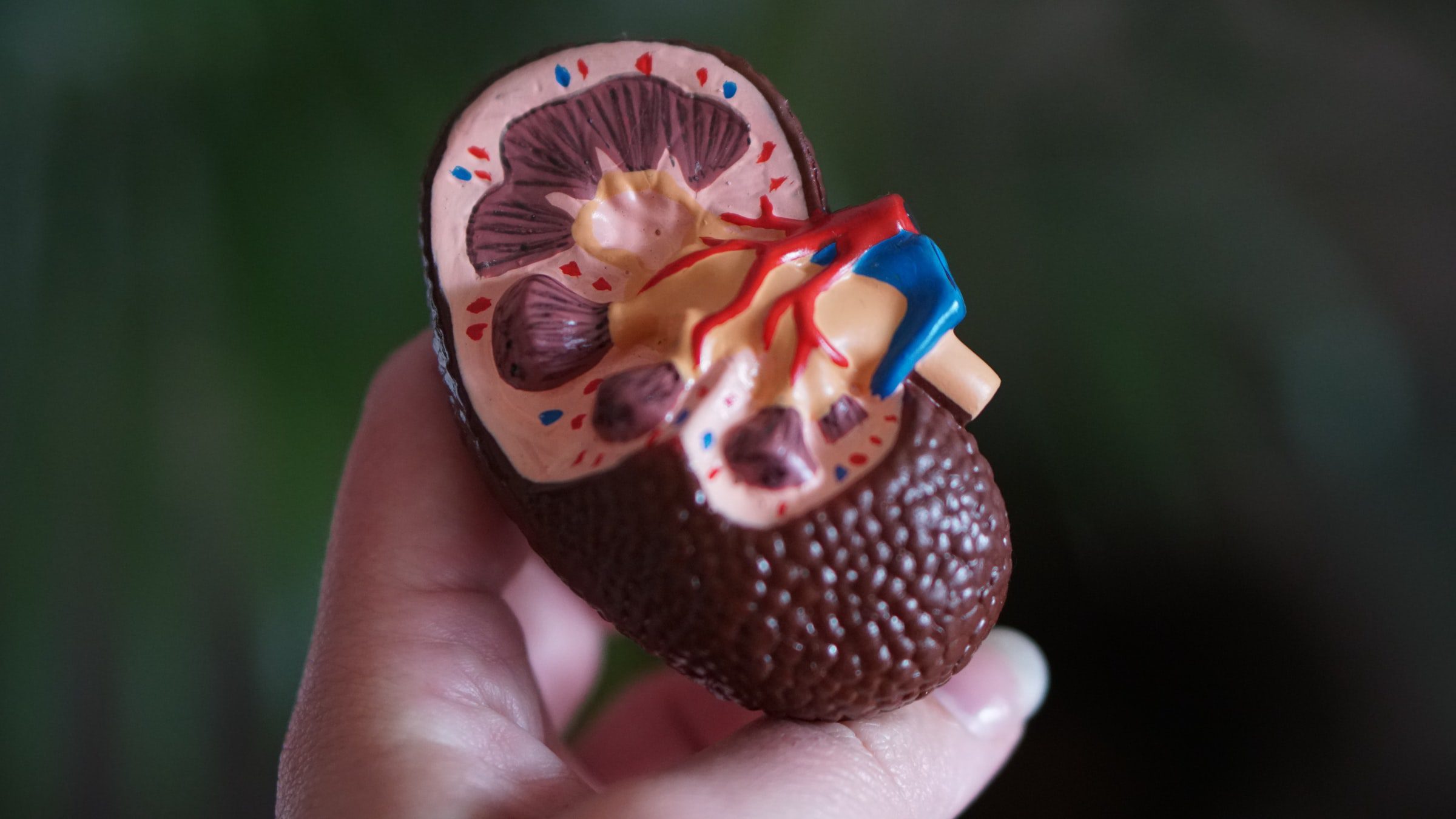The human body is amazing. It’s a fascinating machine that keeps itself in a constant state of equilibrium thanks to the constant regulating functions of the body’s vital organs. Our lungs breathe the air that oxygenates our blood. Our heart pumps the blood to our tissue. Our stomach and intestines help break down food into energy that helps run our body. Yet, while it’s well known how to maintain good heart, lung, and gut health, it’s slightly more obscure how we maintain good kidney health, for example. This March, we celebrate National Kidney Month by understanding the risk factors, getting tested, and working hard to maintain good kidney health.
The kidneys are primarily responsible for filtering waste products and excess fluid from the blood and turning them into urine. When working properly, they help regulate your body’s nutrient content that ebbs and flows throughout the day based on what we eat and drink. However, when the kidneys are in poor health, it can result in many problems, like Chronic kidney disease. Chronic kidney disease (CKD) is one of the most common results of poor kidney health, with over 37 million Americans diagnosed with it currently, and an estimated 33% of Americans are at risk for chronic kidney disease. It occurs due to poor kidney function and can cause excess fluid, nutrients, and electrolytes to build up the bloodstream. The onset of this disease is incredibly harmful for the function of the body’s vital organs and requires dialysis and even a kidney transplant during the later stages of the disease.
The people most at risk for chronic kidney disease have diabetes, high blood pressure, heart disease, or a family history of chronic kidney disease. However, if you live an unhealthy lifestyle or struggle with obesity, you may put yourself at risk for kidney disease. Yet, ensuring that your lifestyle does not put you at risk is quite simple. Changing your lifestyle factors such as exercising regularly, quitting smoking, and maintaining healthy body weight and blood pressure is incredibly important to lowering your risk factors. Most importantly, taking medications for blood pressure or diabetes and eating a healthy diet full of fruits and vegetables is the easiest way to lower your risk of getting CKD, but it also is known to slow the progression of the disease if you do have it.
However, decreasing your risk factors is not enough. Regular testing is the best way not only to ensure peace of mind if you don’t have it but also to catch it early and reduce the severity of the condition if you do have it. Testing requires a blood test, known as the GFR or glomerular filtration rate, and a urine sample called the ACR or albumin to creatinine ratio. Just two easy tests to determine the health of your kidneys.
For the month of March, talk to your primary care doctor about getting your kidneys tested and consider becoming an organ donor so that you can help save the life of one of the thousands put on the kidney transplant list every year.





